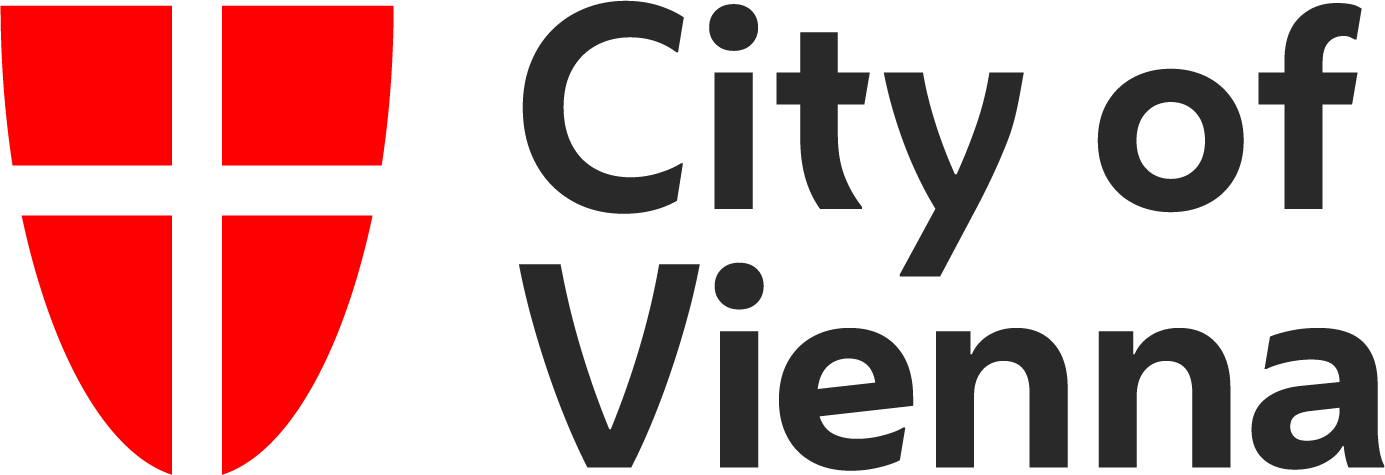City of Vienna

In light of the crisis in Ukraine, the city of Vienna has accelerated its energy transition to become climate neutral by 2040. In 2021, the capital of Austria published its Climate Roadmap which quantifies the work it must accomplish to decarbonise its business sectors. Vienna is deploying renewable energies, renovating its heating system and mobilising civic participation in order to reduce and stabilise its carbon footprint at 60 million tonnes of CO2 equivalent. To this end, it will be allocating a substantial budget of 1.29 billion Euros by 2027. Until then, the capital is pooling knowledge and learning from best practices throughout Europe.
Vienna transforms its energy system
The city proposed a budget of 1.29 billion Euros to develop renewable energy and solar energy and to renovate its heating system. This will make it possible to decarbonise its housing stock and decrease its overall CO2 emissions by 1.9 million tonnes.
Vienna will meet its energy needs with heat pumps, waste incineration, geothermal energy and green gas to cover peak demand. The capital is running a series of tests. The first test, which is currently under way, aims to increase hydrogen production in a co-production plant.
In 2040, the city hopes to meet 56% of heat demand using geothermal energy. Field surveys are ongoing. A large-scale heat pump will also cover 55% of district urban heating. The pump will be installed in the water treatment plant before 2040. Additionally, Vienna has created a grant to encourage the development of heat pumps.
The citizens of Vienna at the heart of the local energy transition
The department for energy planning has built citizen initiatives into its strategy. In order to support the energy transition and civic participation, the city has launched the RenoBooster project, as a follow-up to the ‘Smarter Together’ project (2016–2021), which was funded by the European Commission. The city has many old and complex buildings that will require costly renovations. With this project, the city has provided a central access point for property owners to find free advice and tools when planning renovations.
In the Simmering neighbourhood, this project has also encouraged local inhabitants to take part in the energy transition through over 40 renovation and electric vehicle sharing projects. Another project, ‘WieNeu+’, aims to foster innovation in local urban neighbourhoods to make Vienna a smart and adapted city before 2030. This project is based on the ‘Smart City Wien’ strategy and the city’s 2030 Economy and Innovation programme.
In autumn 2017, 6,000 local inhabitants took part in the ‘Beat the Street’ mobility game, and others borrowed a public bicycle and/or e-cargo bike for free. Vienna was a pilot city for the project and stands out for its integrated approach to climate action and its measures to improve its citizens’ quality of life!
Sources: The city’s Official website; the page of the ‘Smart City Wien’ strategy and the ’WieNeu+ ’ project; Project page of the European Commission for the RenoBooster project; Article by the DecarbCityPipes2050 European project; Website of the DecarbCities project; Article describing Energy Cities best practices.
 Austria
Austria